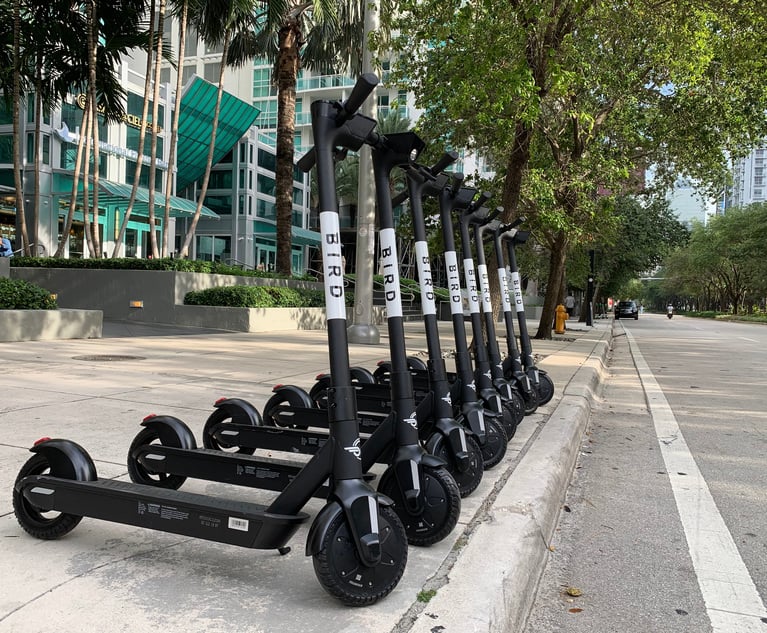An insurer may require that an applicant for no-fault benefits, be it the injured person or his/her medical provider, appear for an examination under oath (EUO) to answer questions pertaining to his/her eligibility to collect benefits. See 11 NYCRR 65-1.1, Proof of Claim (”Upon request by the company, the eligible injured person or that person’s assignee or representative shall … (b) as may reasonably be required submit to examinations under oath by any person named by the company and subscribe the same”). Similarly, an insurer may require the injured person “submit to medical examination [IME] by physicians selected by, or acceptable to, the company, when, and as often as, the company may reasonably require.”
If the applicant fails to comply with the insurer’s EUO or IME request, the insurer may deny the claim. To prevail on its defense in litigation or arbitration, the insurer must prove that it properly noticed the claimant for two EUOs/IMEs and that the claimant failed to appear as scheduled, see Stephen Fogel Psychological v. Progressive Casualty Insurance (35 AD3d 720 [2d Dept. 2006]); Goldstar Equipment v. Mercury Casualty (59 Misc 3d 138(A) [App Term 2d, 11th & 13th Jud Dists 2018]; Metro Health Products v. State Farm Mutual Automobile Insurance (49 Misc 3d 130(A) [App Term 2d, 11th & 13th Jud Dists. 2015]); Interboro Insuance. v Clennon (113 AD3d 596 [2d Dept. 2014]).


 David M. Barshay
David M. Barshay




